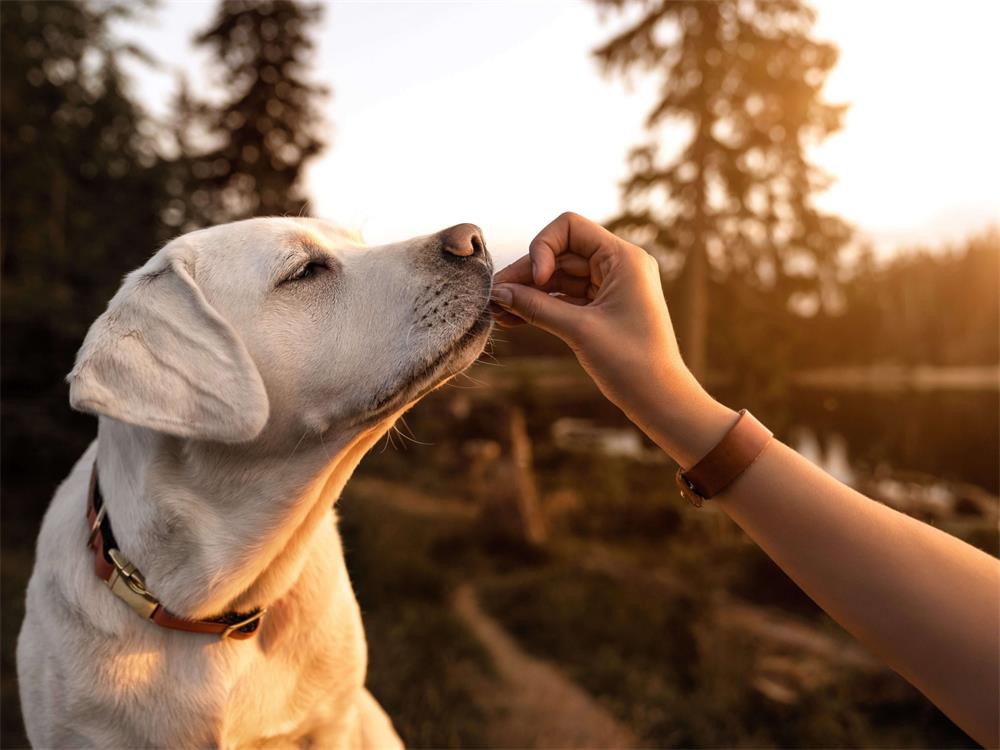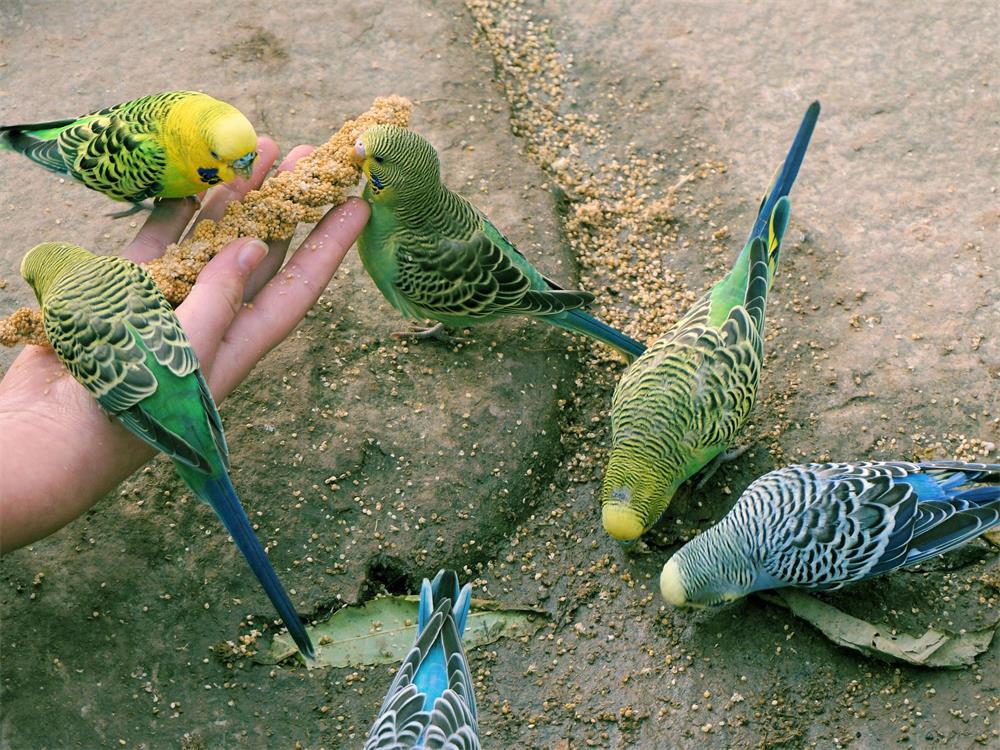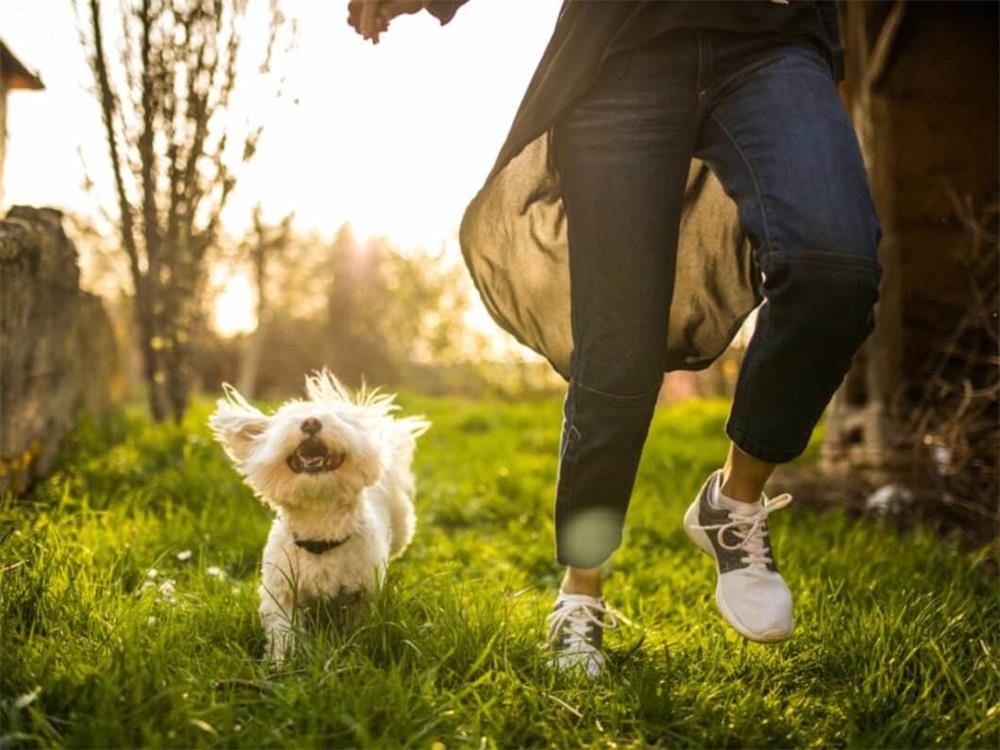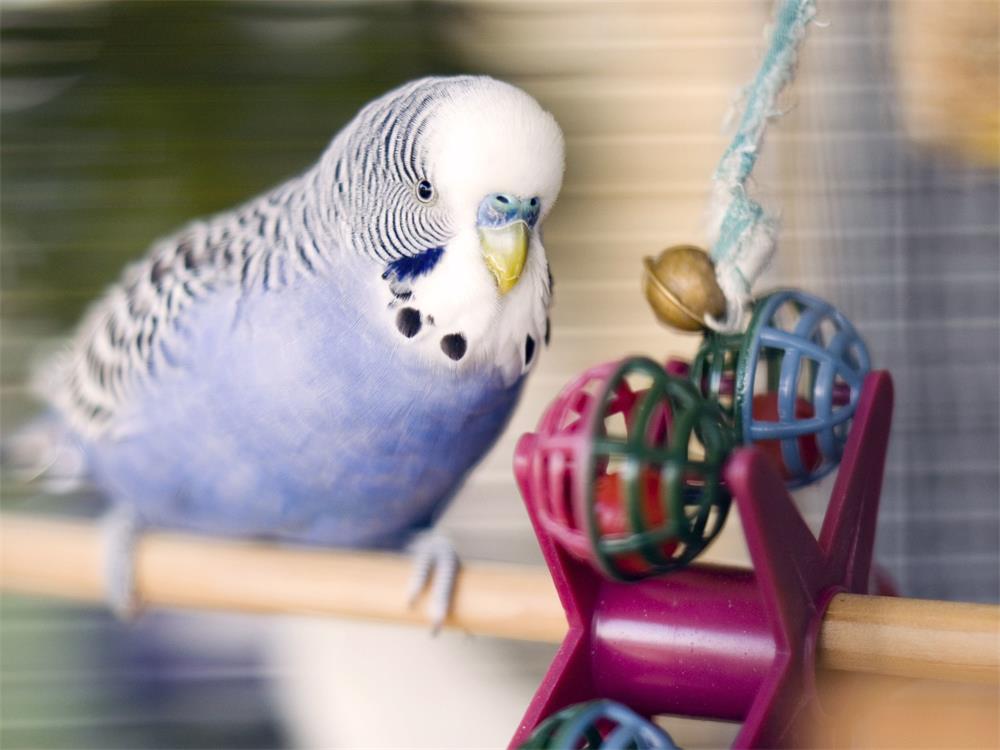Obesity is a common and serious health problem for many pets. It can lead to various complications, such as diabetes, heart disease, arthritis, and reduced life span. Therefore, it is important to prevent obesity in your pet and help them maintain a healthy weight.
Causes of obesity in pets
Obesity in pets is mainly caused by eating too much or not exercising enough. Some diseases can also cause obesity, such as hypothyroidism and insulinoma. However, these are less common than overfeeding and lack of exercise.
Some factors that can increase the risk of obesity in pets are:
- Breed: Some breeds are more prone to obesity than others, such as American bulldogs, Dachshunds, Labrador retrievers, and Basset hounds. This may be due to genetic factors or body shape and size.
- Age: Older pets tend to be less active and have slower metabolism, which can lead to weight gain.
- Neutering: Neutered pets may have lower energy needs and higher appetite, which can result in overeating and obesity.
- Lifestyle: Indoor pets may have less opportunity to exercise and burn calories than outdoor pets. They may also get bored and eat more out of habit or stress.
- Human food: Feeding your pet human food or table scraps can add extra calories and fat to their diet, which can cause obesity. Human food may also be unhealthy or toxic for your pet.
Prevention of obesity in pets
To prevent obesity in your pet, you need to balance their energy intake and expenditure. This means providing them with a healthy diet and enough exercise. Here are some tips to prevent obesity in your pet:
- Consult your veterinarian: Your veterinarian can help you determine the ideal weight and body condition score for your pet, based on their breed, age, sex, and health status. They can also recommend the best type and amount of food for your pet, as well as any supplements or medications they may need.
- Measure their food: Use a measuring cup or scale to measure the exact amount of food your pet needs per day, based on their weight and activity level. Avoid free feeding or leaving food out all the time, as this can encourage overeating. Instead, feed your pet at regular times and remove any leftovers after 15 minutes.
- Choose quality food: Choose a high-quality pet food that meets the nutritional needs of your pet. Avoid foods that are high in fat, sugar, or salt, as these can contribute to obesity and other health problems. Look for foods that are low in calories but high in protein and fiber, as these can help your pet feel full and satisfied.
- Limit treats and snacks: Treats and snacks should not make up more than 10% of your pet’s daily calorie intake. Choose low-calorie treats that are specially designed for pets, such as carrots, apples, or dental chews. Avoid giving your pet human food or table scraps, as these can be harmful or fattening for them.
- Increase exercise: Exercise is essential for your pet’s physical and mental health. It helps them burn calories, strengthen muscles, improve circulation, reduce stress, and prevent boredom. Aim for at least 30 minutes of moderate exercise per day for dogs and 15 minutes for cats. You can play with your pet using toys, balls, lasers, or feathers; take them for walks or hikes; enroll them in agility or obedience classes; or provide them with interactive toys or puzzles that stimulate their natural instincts.
- Monitor their weight: Weigh your pet regularly using a scale or a weigh tape. You can also check their body condition score by feeling their ribs, waist, and abdomen. If you notice any changes in their weight or body shape, consult your veterinarian for advice.
Conclusion
Obesity is a serious health problem that can affect the quality and quantity of life of your pet. It is mainly caused by eating too much or not exercising enough, although some diseases can also cause it. To prevent obesity in your pet, you need to provide them with a healthy diet and enough exercise. You also need to consult your veterinarian regularly to monitor their weight and body condition score. By following these tips, you can help your pet stay fit and happy.







